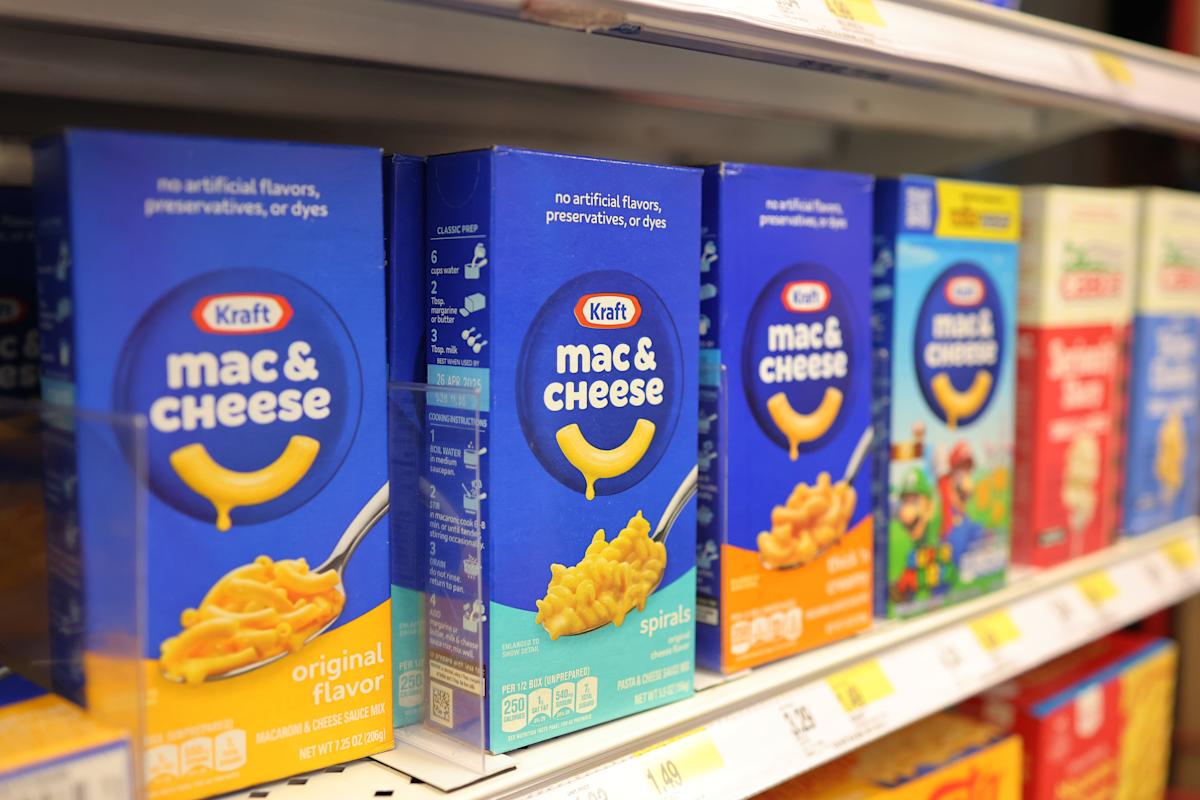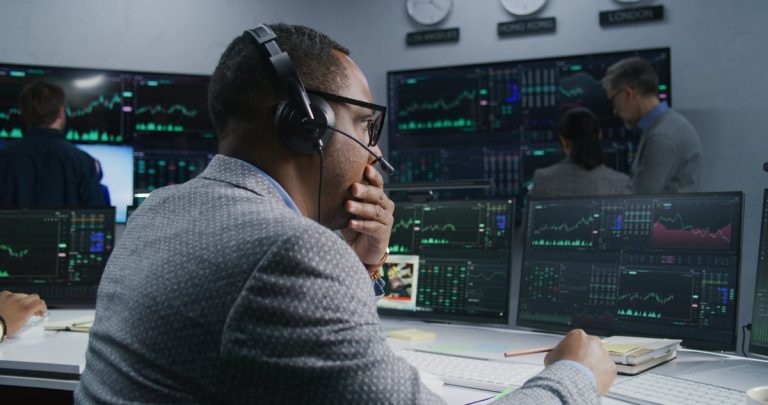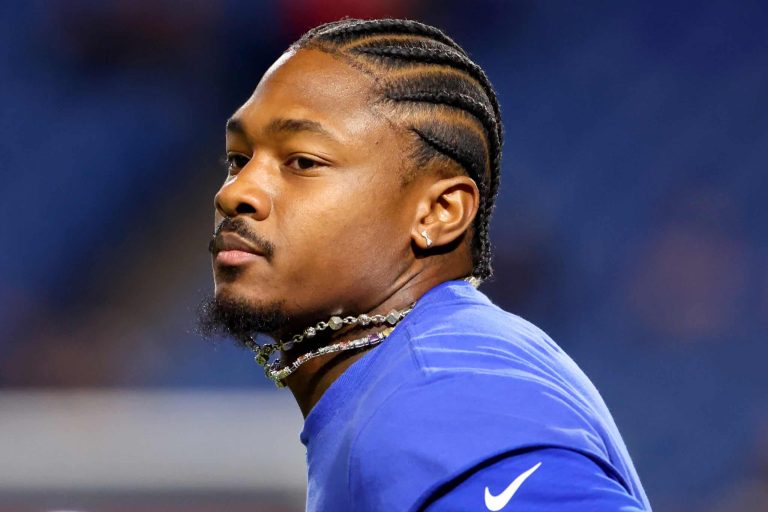Big food companies are facing big questions about their futures.
Between a potential breakup at Kraft Heinz (KHC), a multibillion-dollar deal between Ferrero and WK Kellogg (KLG), and PepsiCo’s (PEP) acquisition of soda brand Poppi, big food brands are taking a hard look at their US portfolios as consumer tastes shift, growth stalls, and regulatory pressure over products continues.
“The self-reflection is building,” Mizuho analyst John Baumgartner told Yahoo Finance last week, “there’s a lot of flux in the industry right now.”
“This has typically been a pretty sleepy sector, and to be hit with all of these headwinds or uncertainties and have it happen all at the same time… does really cause reason for pause and reflection on the business … [and] what the trends are going forward,” Baumgartner added.
Just this week, PepsiCo posted a 2% volume decline in its North America beverage business in the second quarter, a drop that follows 1% and 3% declines in the prior two quarters, respectively.
The same day, Coca-Cola (KO) faced a new political hurdle when President Trump posted to social media that the company would begin using real cane sugar in its US sodas. In a statement, the company said it appreciated Trump’s enthusiasm for the brand. Coca-Cola will report quarterly earnings on Tuesday morning.
In many industries facing uncertain growth trajectories, the options for executives can become simple: buy or sell.
This year, PepsiCo announced a $1.95 billion deal for soda brand Poppi and a $1.2 billion deal for Siete Foods. Hershey (HSY) acquired popcorn brand Lesser Evil.
“It’s a bit reactive,” Bank of America analyst Peter Galbo said. “These companies are observing that their core businesses are not performing the way that they thought they would.”
And in Galbo’s view, this year’s actions show companies saying to themselves that if the core business won’t work, “I have to buy something that is going to augment the core.”
Connor Rattigan, an analyst at Consumer Edge Research, said most of these deals are for “higher growth smaller brands that tend to be indexed to … thematic trends in the industry,” whether that’s health, flavor, or packaging.
On the flip side, other big companies have seen this environment as offering an opportunity to break up a large enterprise.
Nearly two years after Kellogg split into two companies, WK Kellogg and Kellanova (K), both have been scooped up by private players.






